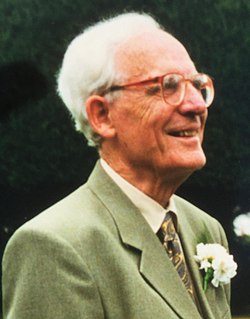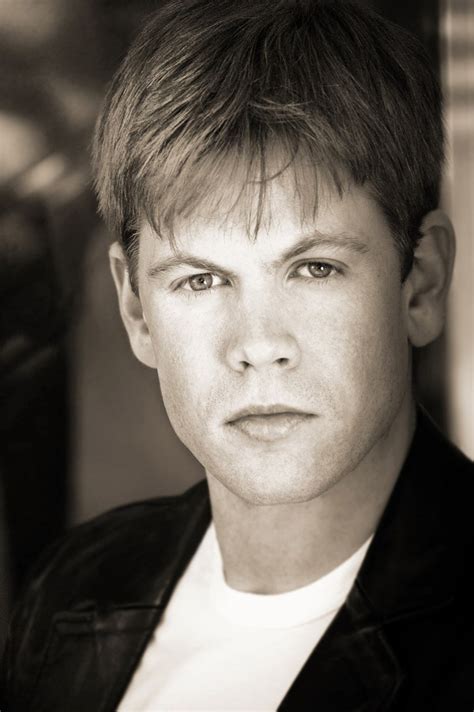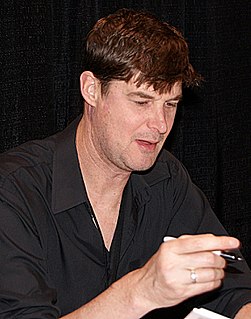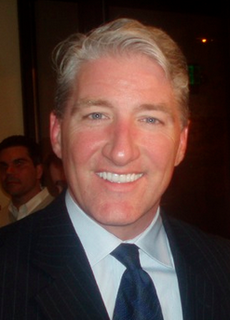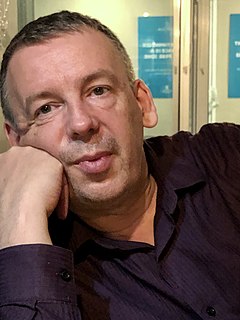A Quote by T. D. Jakes
I probably take a pretty traditional view about hell. I'm not very contemporary in terms of that.
Quote Topics
Related Quotes
There is no longer a Christian mind ... the modern Christian has succumbed to secularization. He accepts religion - its morality, its worship, its spiritual culture; but he rejects the religious view of life, the view which sets all earthly issues within the context of the eternal, the view which relates all human problems social, political, cultural to the doctrinal foundations of the Christian Faith, the view which sees all things here below in terms of God's supremacy and earth's transitoriness, in terms of Heaven and Hell.
In terms of morality, we can be very narrowly focused. So convinced of our point of view and righteousness, and it just doesn't allow for circumstance or other people's points of view. It's very comforting because you don't have to self-reflect, you just are. There's a strain of that in American culture.
I knew very little about Rugby. But, I think it helps in terms of an American audience the game is enough like football in that it's a battle for field position and you score by running into what looks a lot like an end zone. I think in terms the nuance of the game, Americans won't get that stuff. I think in terms of the peanut butter and jelly version of what you need to know, I think it's pretty clear.
I'm not entirely sure what a historical novel absolutely has to be, but you don't want a reader who loves a very traditional historical novel to go in with the expectation that this is going to deliver the same kind of reading experience. I think what's contemporary about my book has something to do with how condensed things are.

